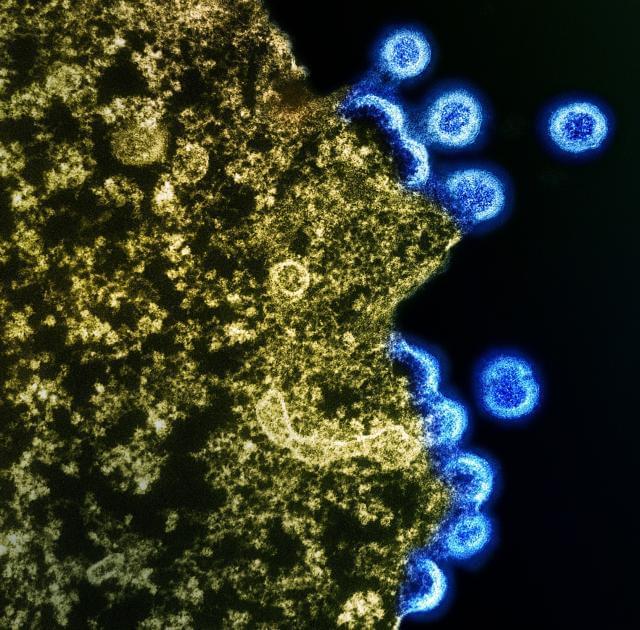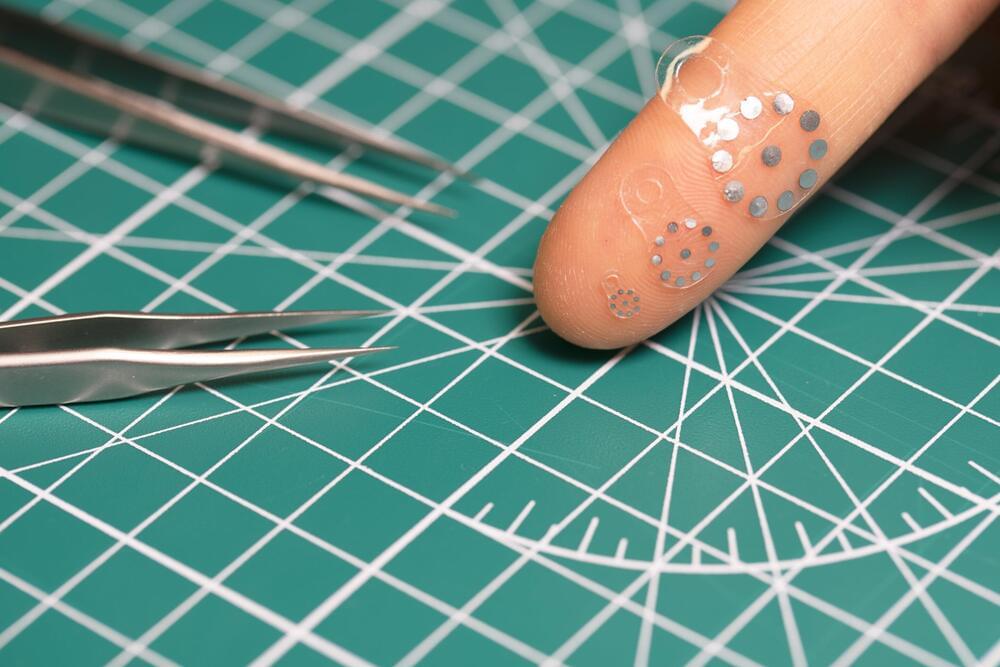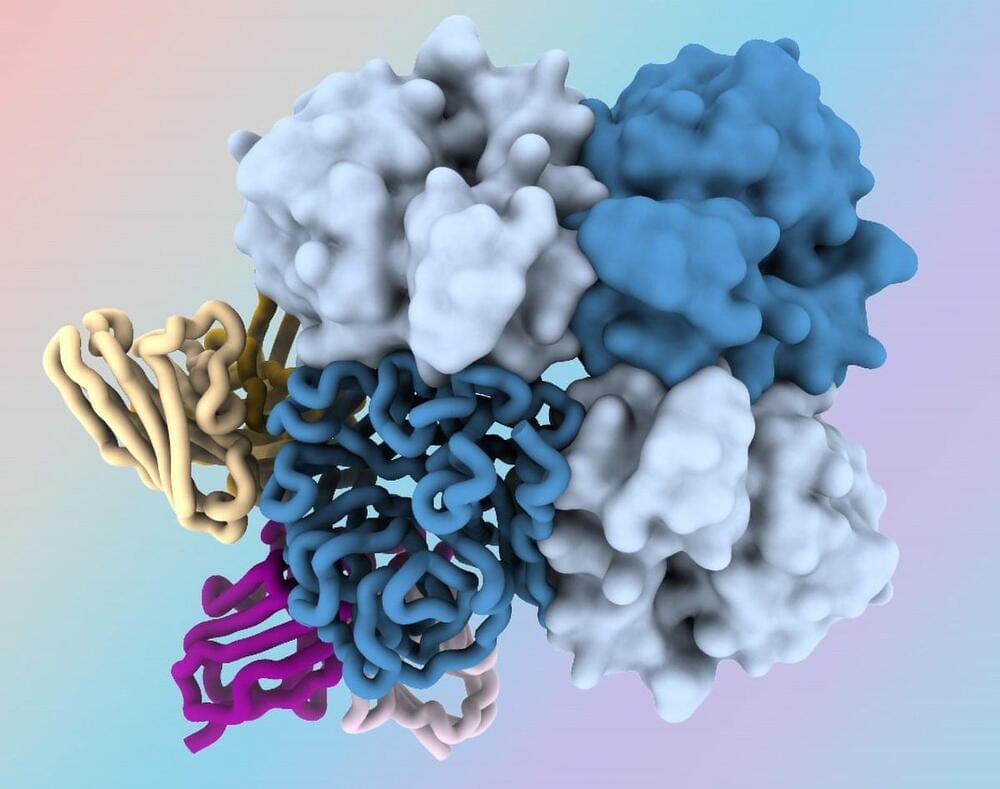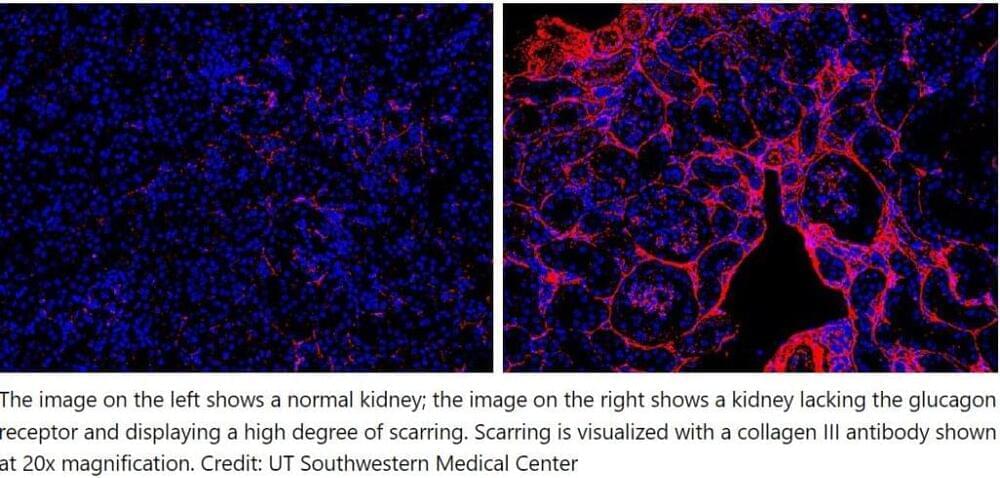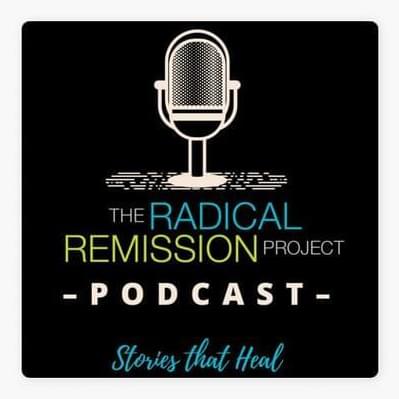The elevated cardiovascular disease risk among people with HIV is even greater than predicted by a standard risk calculator in several groups, including Black people and cisgender women, according to analyses from a large international clinical trial primarily funded by the National institutes of Health and presented at the 2024 Conference on Retroviruses and Opportunistic Infections (CROI) in Denver. The risk of having a first major cardiovascular event was also higher than previously predicted for people from high-income regions and those whose HIV replication was not suppressed below detectable levels.
Researchers examined the incidence of major adverse cardiovascular events in people who did not take pitavastatin or other statins during the Randomized Trial to Prevent Vascular Events in HIV (REPRIEVE) trial, a large clinical trial to test whether pitavastatin—a cholesterol-lowering drug known to prevent cardiovascular disease—could prevent major adverse cardiovascular events, such as heart attacks and strokes, in people with HIV. The scientists compared the incidence of cardiovascular events in the trial to the incidence predicted by standard estimates, which use the American College of Cardiology and American Heart Association’s Pooled Cohort Risk Equations (PCE) score.
They found that the rate of cardiovascular events occurring in many groups of people differed from predicted rates, even considering that people with HIV have a higher overall risk of cardiovascular disease than people without HIV, including double the risk of major adverse cardiovascular events. Notably, in high-income regions—as defined by the global burden of disease classification system—including North and South America and Europe, cardiovascular event rates were higher overall, with cisgender women experiencing about two and a half times more events than predicted, and Black participants having more than 50% higher event rates than predicted.
